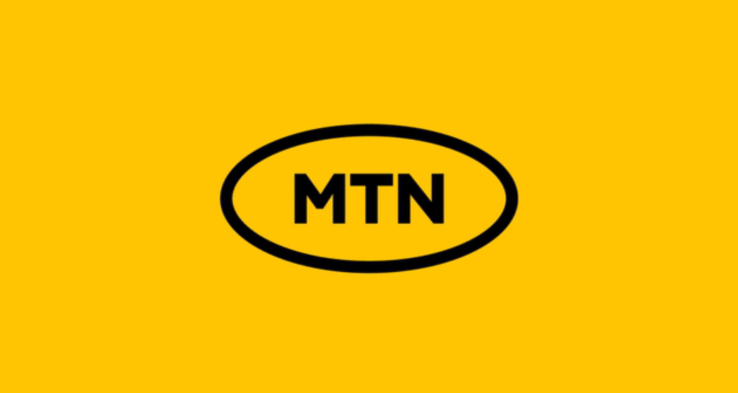Wave and MTN Locked Out of BCEAO’s New Payment Network

A major shift in West Africa’s financial landscape is unfolding after the Central Bank of West African States (BCEAO) launched its new regional payment network, but excluded two of the region’s most prominent mobile money operators, Wave and MTN from initial access.
The network, which connects banks, microfinance institutions, and licensed digital providers across the eight-member West African Economic and Monetary Union (WAEMU), is designed to modernize money movement, reduce reliance on cash, and improve interoperability. By offering instant settlement and regional clearing, the BCEAO aims to lower transaction costs and accelerate cross-border trade within the bloc.
Why the Payment Network Matters
The BCEAO’s platform is seen as a cornerstone of the region’s push toward financial integration. It is expected to:
-
Enable real-time transfers between banks and licensed fintechs across all WAEMU countries.
-
Standardize fees and processes, reducing fragmentation in the payment ecosystem.
-
Strengthen oversight, as the central bank gains clearer visibility into digital transactions.
-
Foster cross-border commerce, a key driver of the union’s economic growth strategy.
Analysts say the new infrastructure could help unlock billions in economic value, mirroring regional payment reforms in East Africa, where interoperable systems boosted mobile money adoption and trade flows.
The Exclusion of Wave and MTN
Despite their dominance in mobile money markets—Wave in Senegal and Côte d’Ivoire, and MTN across multiple WAEMU states—both firms have been left out of the pilot rollout. BCEAO officials say participation is limited to entities fully compliant with the new licensing framework for electronic money issuers and payment service providers.
The exclusion raises questions about regulatory control and competition. Some observers see it as the BCEAO’s attempt to ensure stricter oversight of large fintechs whose rapid growth has sometimes outpaced regulations. Others view it as a way to level the playing field for local banks and smaller digital providers.
Impact on Excluded Providers
For Wave and MTN, being locked out could have immediate consequences:
-
Loss of transaction volume as consumers and businesses migrate toward providers connected to the BCEAO network.
-
Increased costs, since excluded firms may need to rely on slower, indirect settlement channels.
-
Reduced competitiveness, especially in cross-border remittances where speed and interoperability are critical.
Industry experts warn that if the situation persists, customers could face disruptions in the seamless transfers they have grown accustomed to, and digital financial inclusion gains might slow.
The Bigger Picture
The standoff underscores the tension between innovation-led fintech growth and central bank oversight in Africa. While regulators seek to protect stability and ensure compliance, mobile money operators argue that exclusion stifles competition and undermines consumer choice.
Negotiations are reportedly ongoing, with both Wave and MTN pushing for dialogue to gain access to the network under agreed regulatory terms.
If BCEAO’s system achieves scale without them, however, the balance of power in West Africa’s digital economy could shift dramatically—away from private mobile money giants and back toward banks and centrally supervised intermediaries.
West Arekahme
 Africas leading resource for digital financial services
Africas leading resource for digital financial services


comments